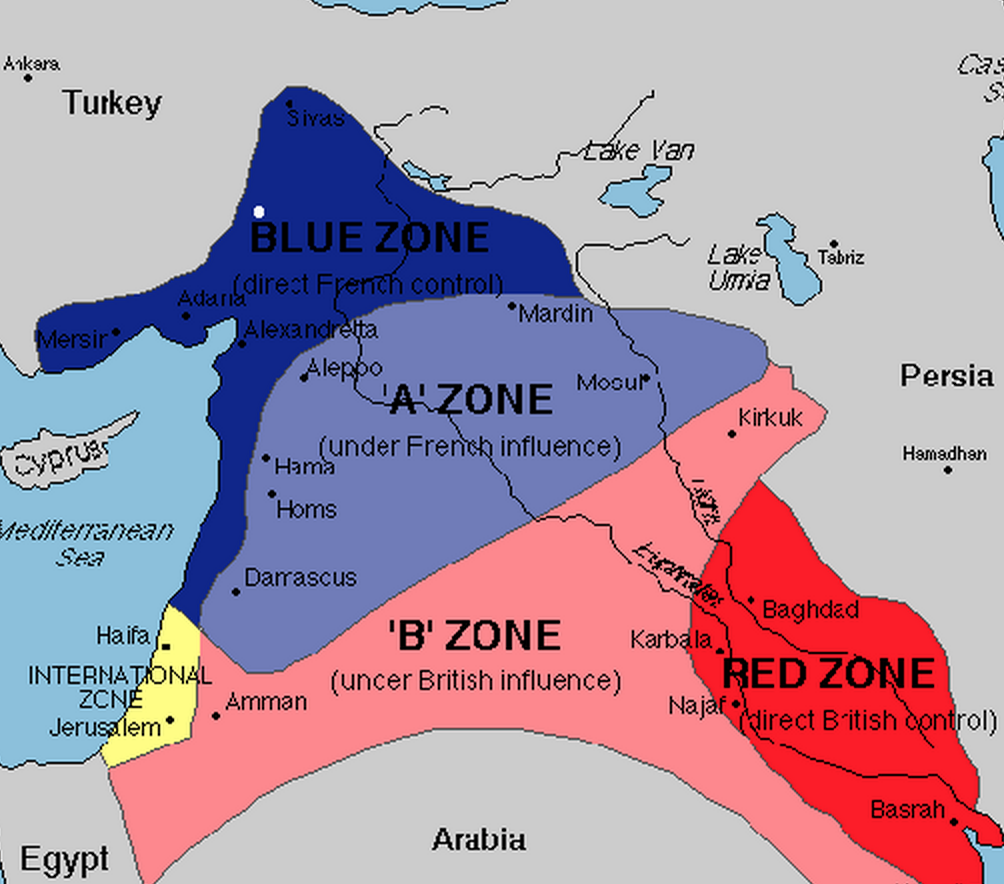Where Is Iraq?

“It may be that no modern nation-state has been called ‘artificial’ more times than Iraq,” begins incoming NYU Middle Eastern studies professor Sara Pursley’s history of the shape, boundaries and meaning of Iraq. Surprise! They’re not what you’ve always been told:
The discourse of Iraq as an artificial state — an irrational amalgam of heterogeneous peoples — emerged in the 1920s…. It was originally a colonial narrative, invoked to argue that Iraq was not yet coherent enough to govern itself, contrary to the claims of Iraqi nationalists, and that it must therefore be governed by Britain. That it later also became a nationalist narrative — especially an Arab nationalist narrative — may help to explain its persistence. In the wake of the US invasions of 1991 and 2003, it was dusted off and trotted out in particularly virulent ways by the pro-war camp and their later apologists. After all, what harm had been done in destroying a country that had never authentically existed in the first place?
In a follow-up interview, she breaks it down further: “The supposed map the Europeans drew of the Middle East — it doesn’t exist.”